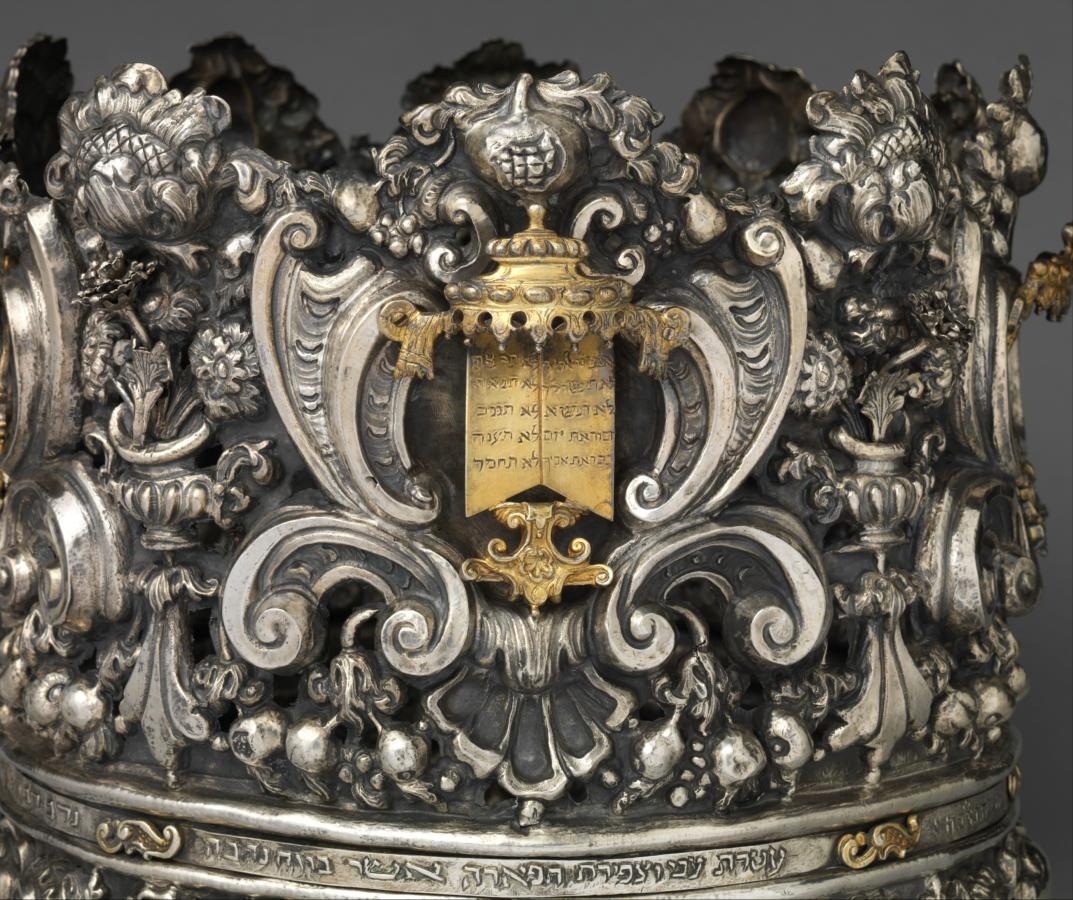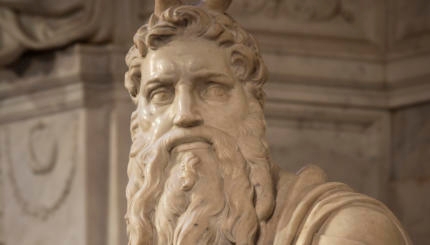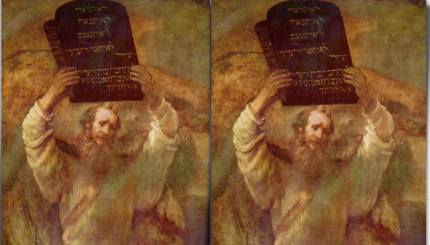I’ve always been partial to Ein Keloheinu, the deceptively simple, upbeat hymn that signals the approaching close of Shabbat morning services. It’s fun to sing and it generally means that Kiddush and refreshments are forthcoming.
But my appreciation for Ein Keloheinu — the title, also the first line, translates to “None is Like Our God” — is more than Pavlovian. Ein Keloheinu is simply and beautifully constructed, and it’s got a fascinating history.
Ein Keloheinu was originally written to solve a problem. According to the Talmud (Menachot 43b), Jews are required to say 100 blessings each day. The regular weekday Amidah contains 19 blessings and is said three times daily, for a total of 57 blessings. When said in combination with other standard prayers, it’s not difficult to hit the 100 blessing mark.
But on Shabbat, the Amidah contains only seven blessings of praise and thanks. The blessings of supplication that form the long core of the Amidah are omitted because on Shabbat Jews imagine themselves in a world so complete no supplications are needed. This means that on Shabbat there is a blessing deficit.
Enter Ein Keloheinu, a rapid-fire blessing machine. Here’s the first verse:
None is like our God
None is like our Lord
None is like our King
None is like our Savior
In English translation, each line is five words. But in the Hebrew, they’re only two words apiece. How’s that for efficiency?
There’s more hidden in this compact blessing powerhouse. These four words for God — eloheinu (our God), adoneinu (our Lord), malkeinu (our King), moshienu (our Savior) — all come from the Bible and together review Israel’s relationship with God over the course of the entire Torah. The first, God, appears in the very first line of the Torah, Genesis 1:1. The second, Lord, comes from Genesis 15:2, and is the word Abraham uses to address God personally. The third, King, comes from the beautiful Shirat Hayam, the Song of the Sea, which Moses and the Israelites sang as they crossed the Reed Sea, grateful to have been redeemed from Egypt (Exodus 15:18). And the fourth, Savior, comes from the very end of the Torah, Deuteronomy 33:29, which describes God in that role. Together, these four epithets — God, Lord, King, Savior — provide a shorthand for Israel’s relationship to the Almighty.
Ein Keloheinu uses these four names for God through five cycles of blessings. The second verse is much like the first in meaning but, Jeopardy-style, is phrased in the form of a question:
Who is like our God?
Who is like our Lord?
Who is like our King?
Who is like our Savior?
Because the phrasing here reflects the prayer Mi Chamocha (“Who is like You?”), also derived from the Song of the Sea, this new formulation feels just a bit more personal.
Now we come to the third verse:
We thank our God
We thank our Lord
We thank our King
We thank our Savior
With this verse, Ein Keloheinu switches to explicit gratitude for God. And the fourth verse, similarly, blesses God:
Blessed is our God
Blessed is our Lord
Blessed is our King
Blessed is our Savior
But the best verse comes last, because it switches to the most personal form of address, second person. It is the verse that draws God closest:
You are our God
You are our Lord
You are our King
You are our Savior
And just like that, with five verses each composed of four lines of only two and sometimes three words a piece (for those keeping score, that’s a total of 44 words), Ein Keloheinu has allowed the pray-er to complete 20 unique blessings, review the history of God’s relationship with Israel as told in the Torah, and steadily draw God closer. Not bad for one of the fastest prayers in the book. Let’s eat!



